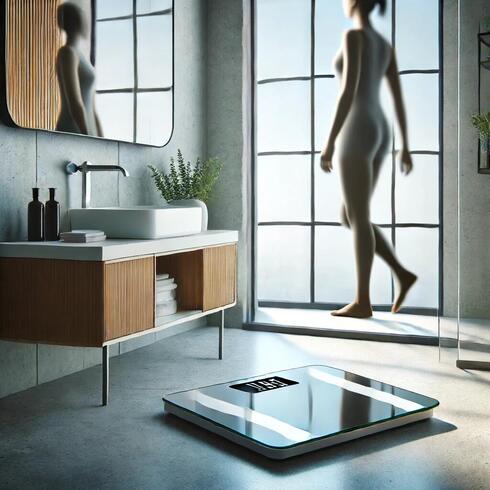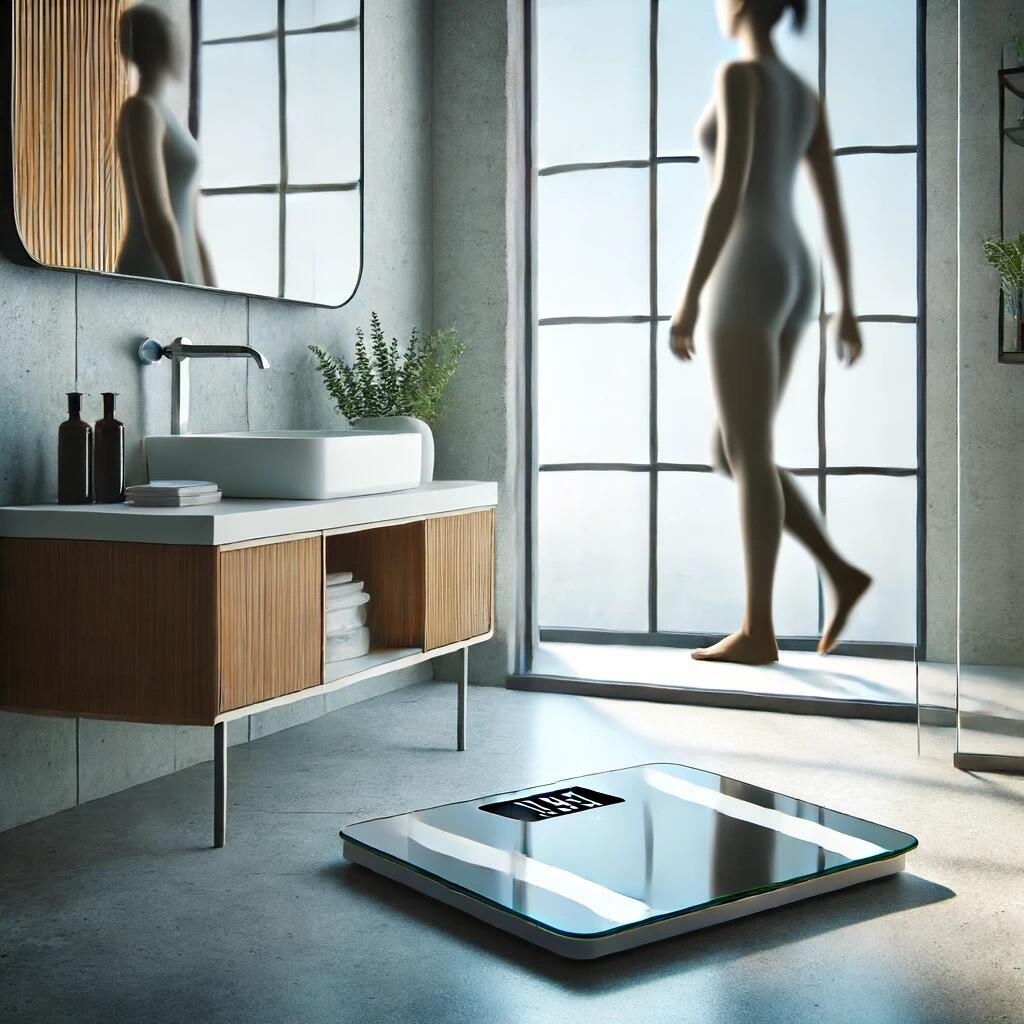
When to Weigh Yourself for Accurate Weight Tracking
When to Weigh Yourself for Accurate Weight Tracking
For those seeking precision and meaningful insights, the question of "when to weigh" becomes surprisingly complex. This guide explores the science behind weighing yourself and unveils the optimal time for accurate readings with your digital bathroom scale.
Why Timing Matters: Understanding Weight Fluctuations
Throughout the day, our weight fluctuates due to various factors. Here's a breakdown of why timing matters:
- Food and Hydration: Everything we eat and drink contributes to our weight. Ideally, we want to weigh ourselves after our body has had enough time to process the previous day's intake.
- Digestion: The digestive process can take several hours, and food weight can significantly impact the scale reading. Weighing yourself on an empty stomach ensures a more accurate representation of your baseline weight.
- Exercise: Exercise can cause temporary water loss, leading to a lower reading. Aim to weigh yourself before a workout or after allowing your body to rehydrate.
- Hormonal Fluctuations: Hormonal changes, especially during menstruation, can cause water retention and bloating, affecting the scale reading. Considering this cycle can help you interpret fluctuations.
The Golden Rule: Weigh Yourself First Thing in the Morning
Based on the factors mentioned above, experts recommend weighing yourself first thing in the morning, after using the restroom and before consuming any food or beverages. This ensures:
- Empty Stomach: Your digestive system has had ample time to process the previous day's intake, minimizing food weight's impact.
- Minimal Hydration: Overnight fluid loss through respiration and perspiration leads to a more consistent baseline weight.
- Consistent Conditions: Weighing yourself at the same time each morning reduces the influence of daily fluctuations.
Beyond the Morning: Additional Tips for Accuracy with Your Digital Scale
While the morning is the gold standard, here are some additional tips for accurate readings with your digital scale:
- Calibrate Regularly: Most digital scales require periodic calibration to ensure accuracy. Consult your scale's manual for instructions.
- Consistent Surface: Place your scale on a flat, hard surface. Uneven floors can affect the reading.
- Same Clothing (or No Clothing): Weigh yourself in minimal clothing or wear the same outfit every time to eliminate weight variations due to clothing.
- Focus on Trends, Not Numbers: Don't obsess over daily fluctuations. Track weight trends over weeks or months to gauge progress.
Understanding What the Scale Doesn't Tell You
It's important to remember that your digital bathroom scale only tells part of the story. Here are some additional factors to consider for a holistic understanding of your health:
- Body Composition: Muscle weighs more than fat, so two people with the same weight can have different body compositions.
- Overall Health: Weight isn't the sole indicator of health. Blood pressure, cholesterol levels, and diet all play a role.
- Focus on Habits: Building healthy habits like balanced eating and regular exercise is more important than a single number on the scale.
Conclusion
By understanding the science behind weight fluctuations and employing the tips above, you can leverage your digital bathroom scale effectively. Remember, weighing yourself is just one tool in your overall health journey. Focus on building positive habits, track trends for insights, and celebrate your progress. With a mindful approach, your digital scale can become a valuable tool on your path to optimal health.















